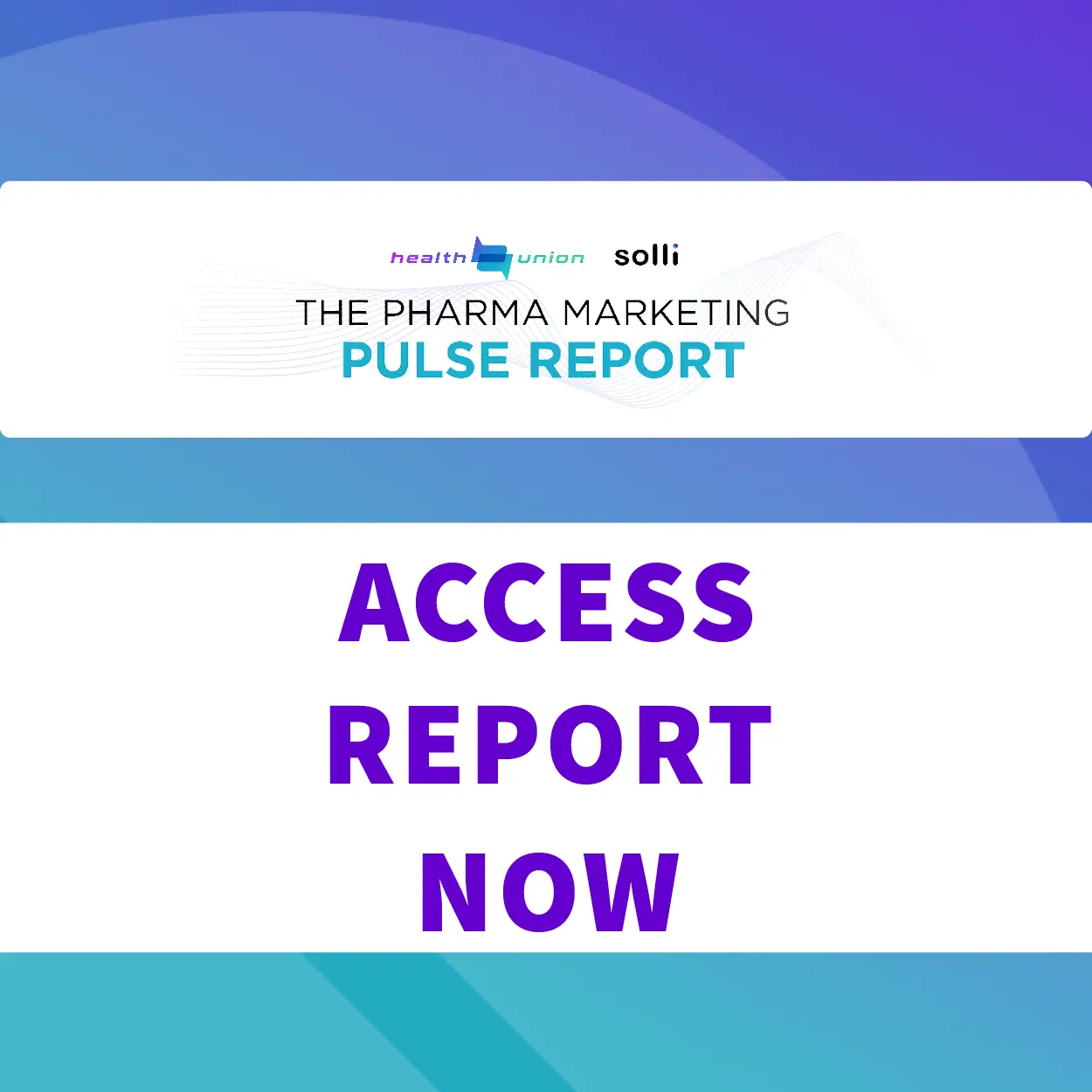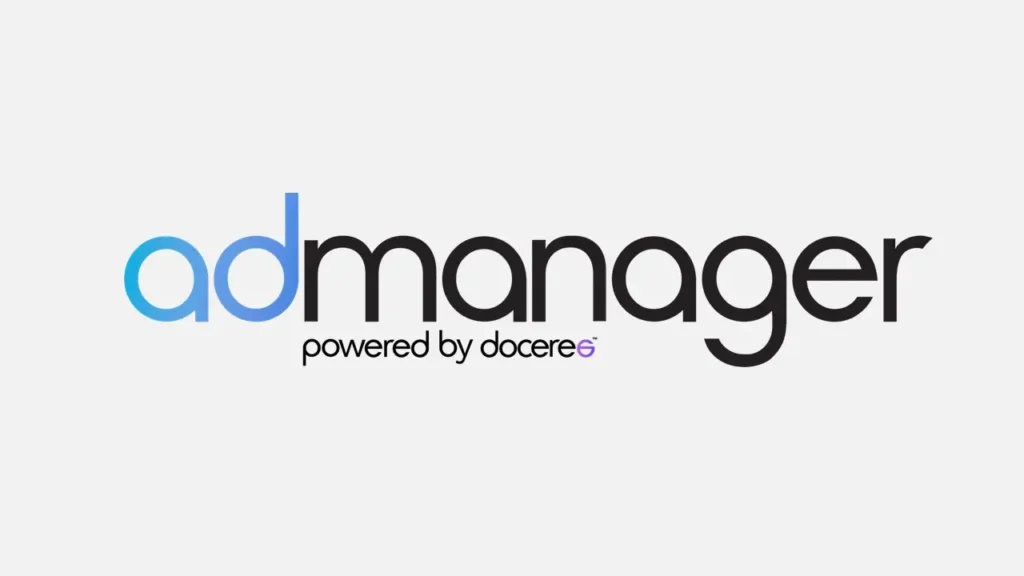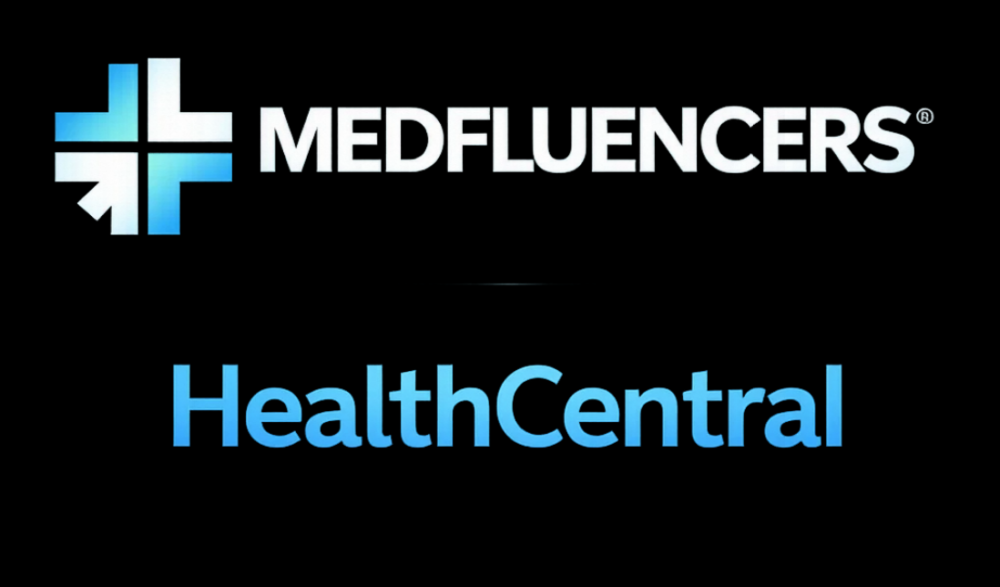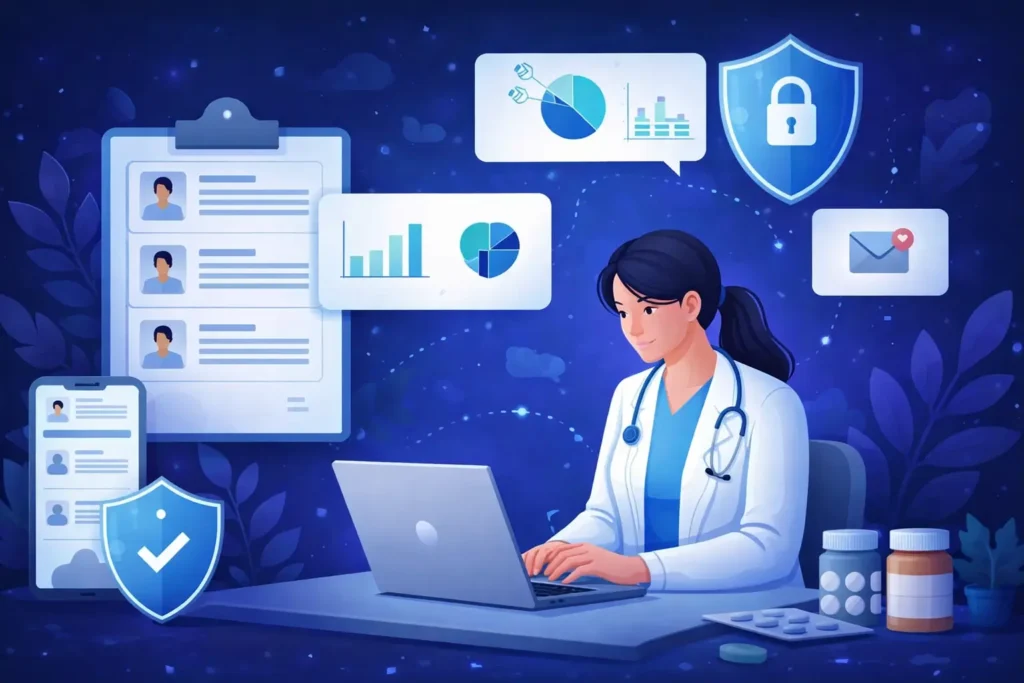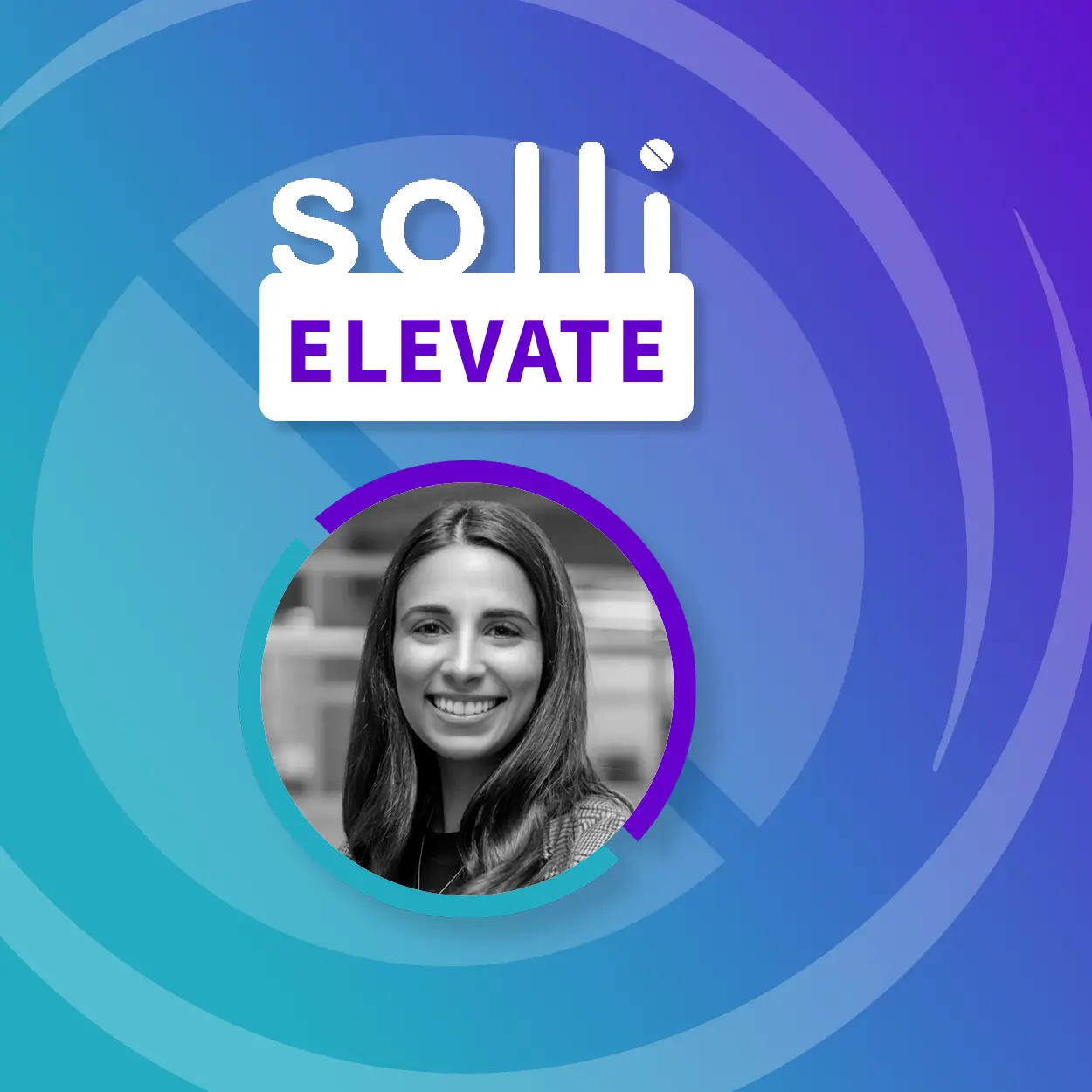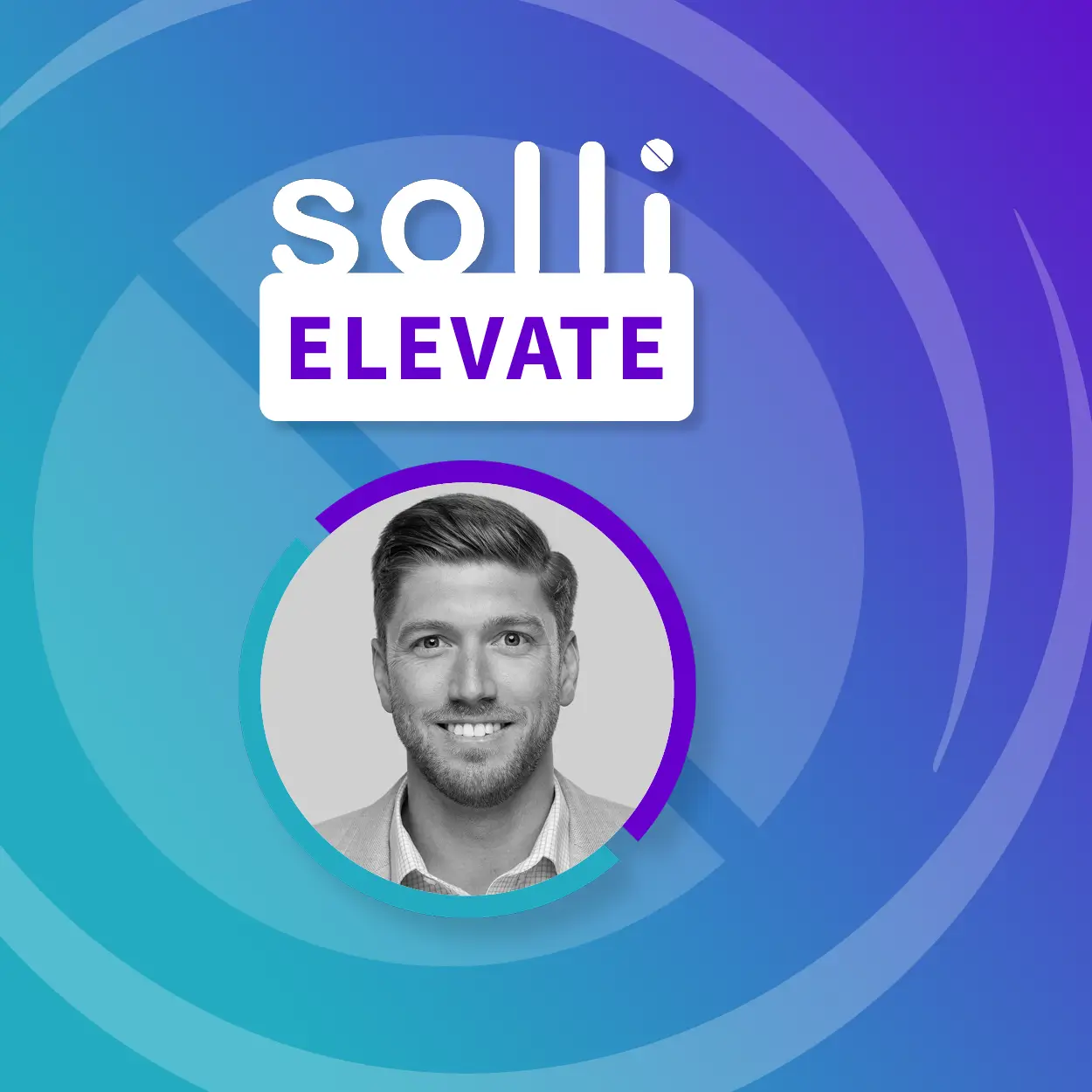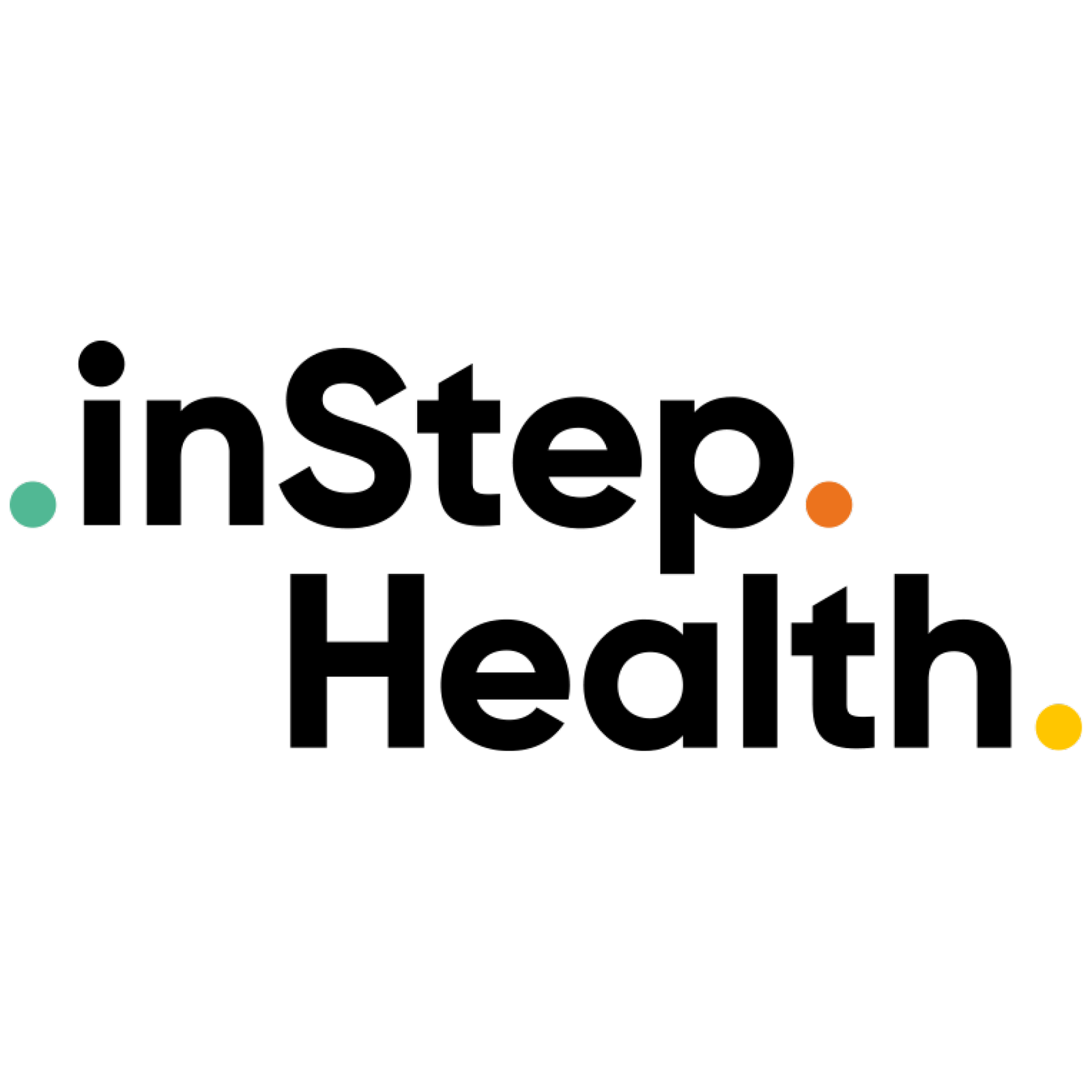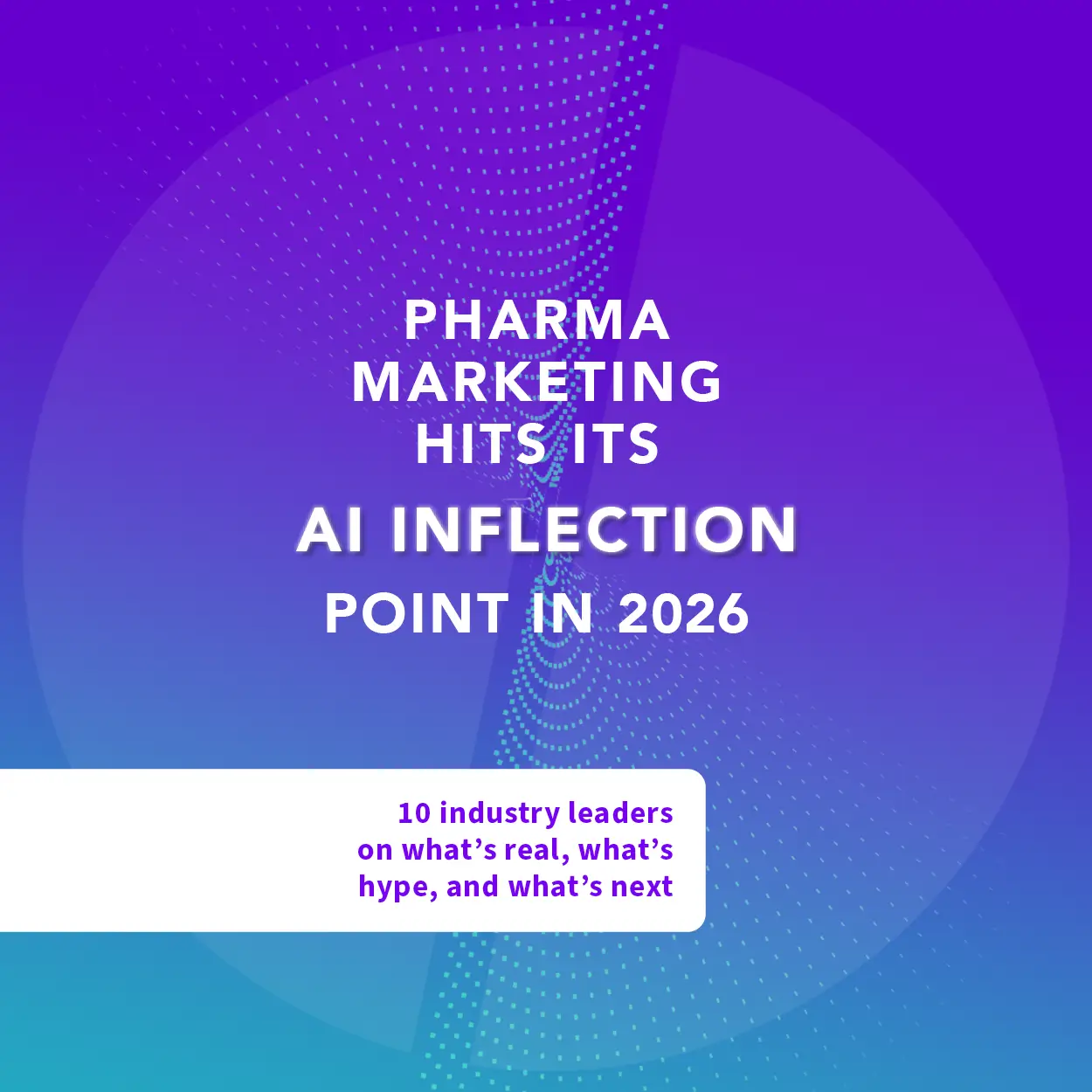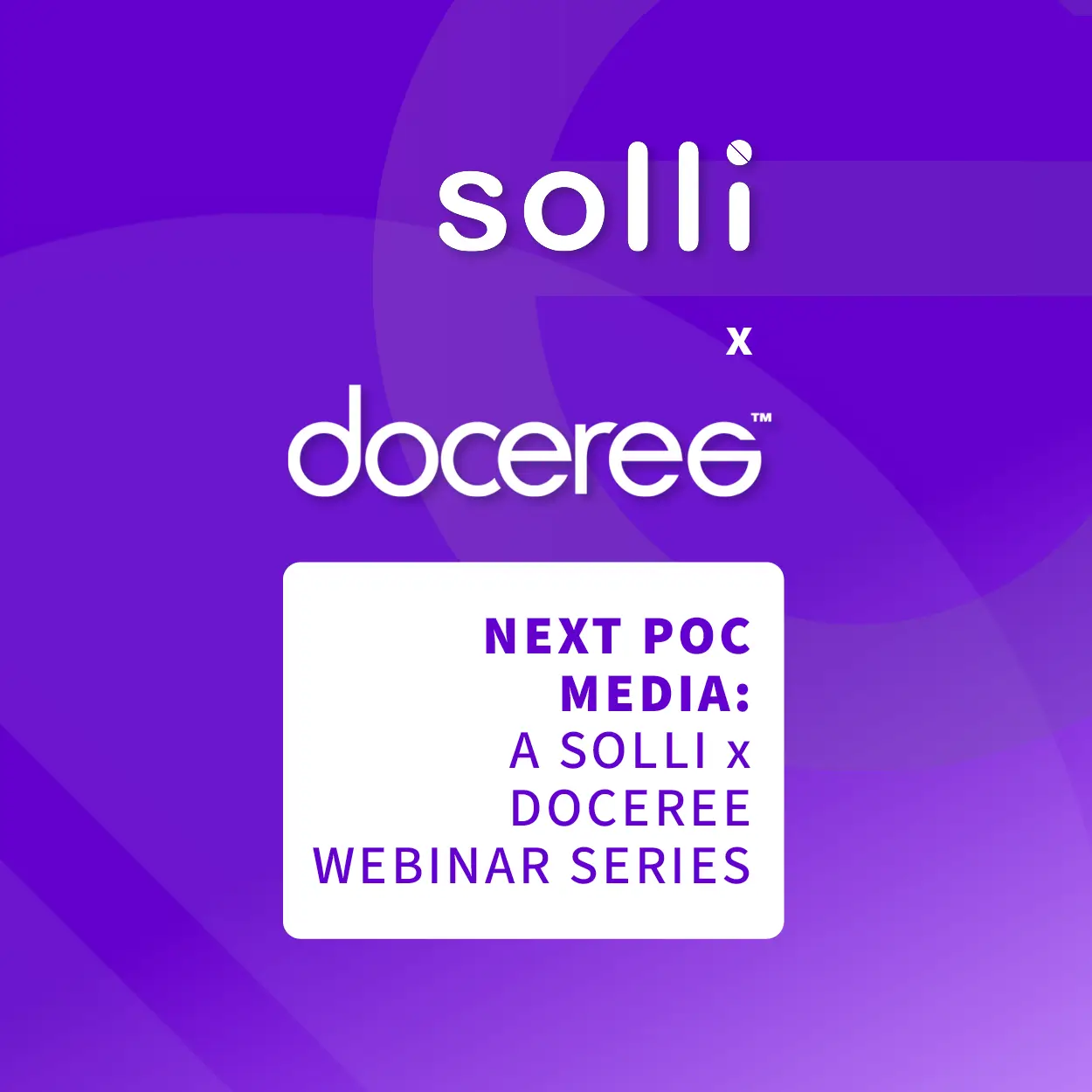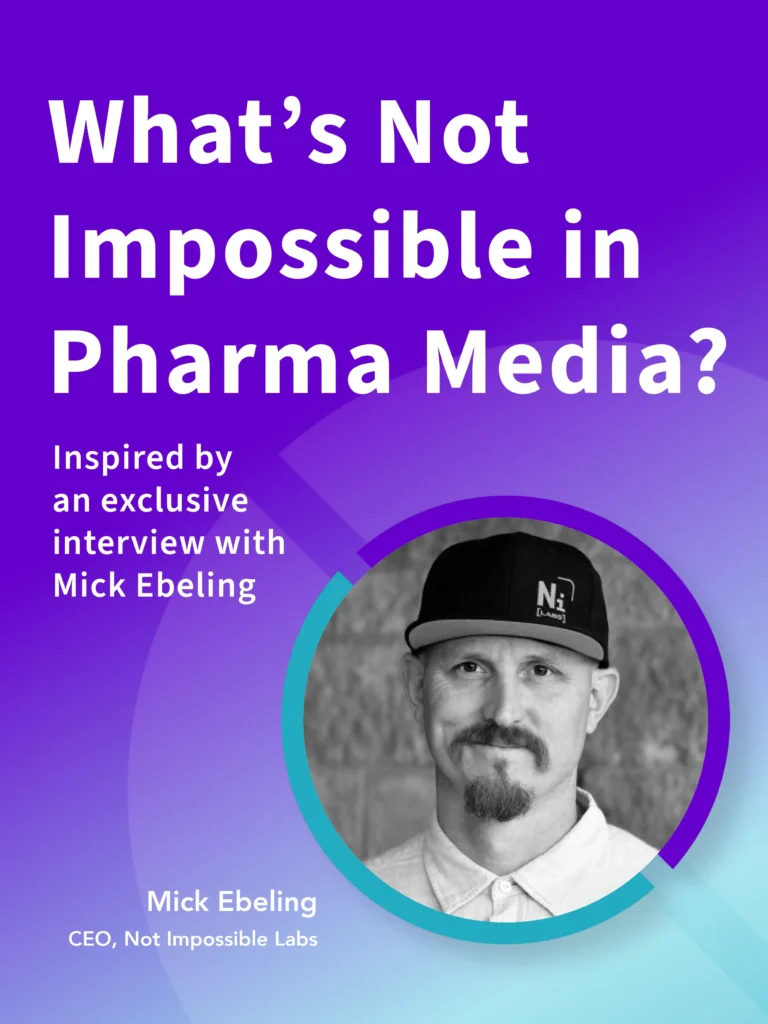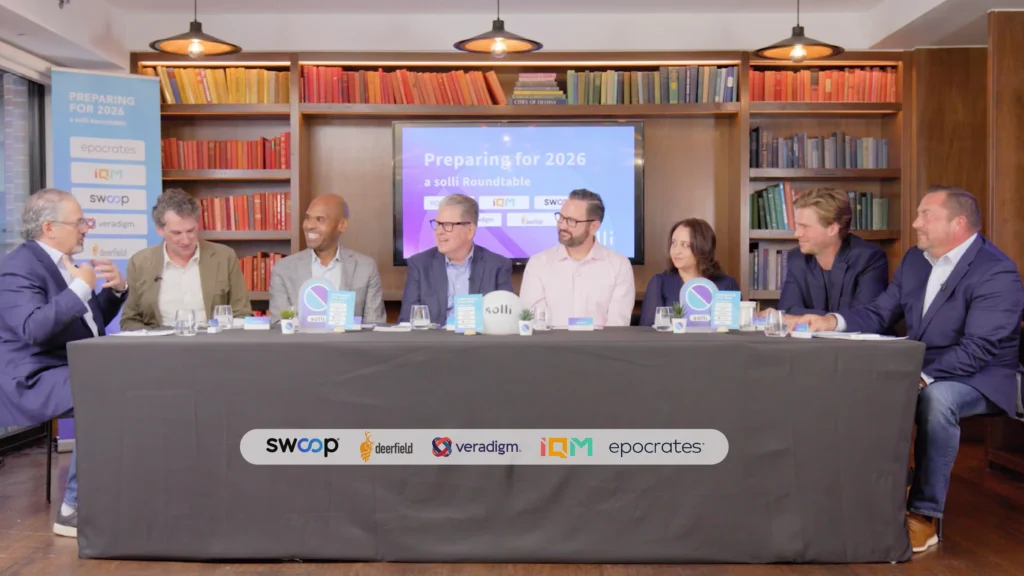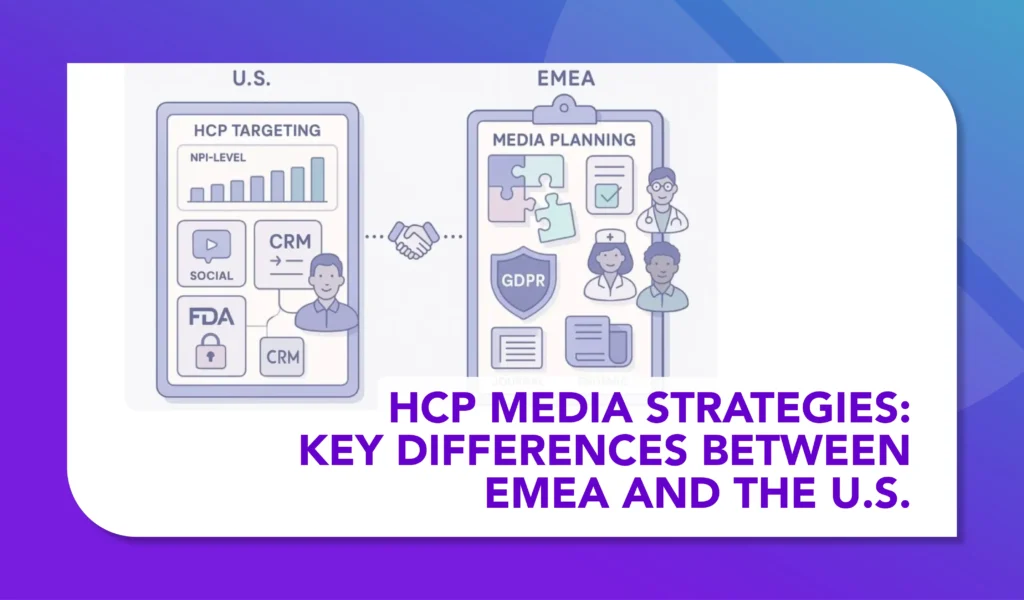Pharma Media’s Collaboration Queen
BMS’s Nadia Khatri and the Art of Connection
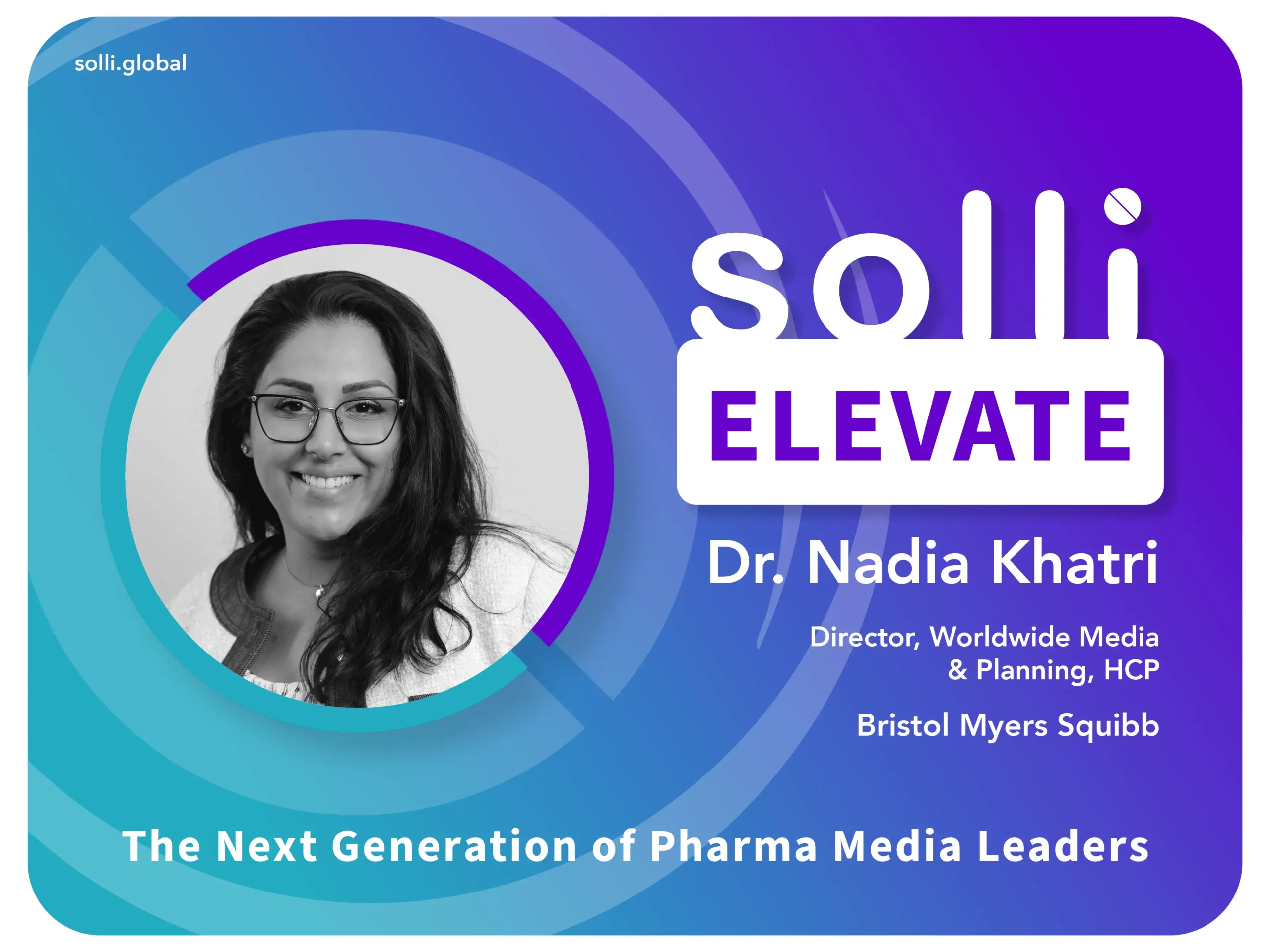
Despite a career that has taken her from the pharma world’s top media agencies to leading the HCP media and planning team at Bristol Myers Squibb, Nadia Khatri says she still experiences imposter syndrome. It reared its head as recently as a few years ago, during her tenure at Havas Media.
“When they threw these big brands at me and said, ‘Okay, they’re yours,’ I kind of looked around and thought, ‘Wait, are they talking to me?’” she recalls with a laugh. “It keeps you humble. You know that you have autonomy and voice and that your opinion is valued, but you remember where you came from.”
That humility has endeared Khatri to her colleagues—and that experience has placed her on the shortlist of young pharma media executives set to lead the business into the next decade and beyond. “She brings authenticity, smarts and caring to everything she does and every person she meets,” says CMI Media Group president and CEO Susan Dorfman.
A first-generation American born and raised in Philadelphia, Khatri grew up with some interest in medicine but more in forging connections among groups of people with different backgrounds and enthusiasms.
Right around the time she headed off to Temple University, however, her father was diagnosed with bladder cancer. He stopped working while receiving treatment, so Khatri’s mother moved overseas to help support the family by working as a translator. Khatri thus spent a sizable percentage of her college years juggling her studies with caring for her father and four younger siblings.
It took her a year longer than originally anticipated, but Khatri graduated with a degree in classical history. She would later add a MBA degree and, in May, an executive doctor of business administration degree, both from Drexel University.
Looking back on that period of her life, Khatri describes it as “overwhelming.” At the same time, she believes it shaped her in ways she didn’t realize until years later. “It’s about resilience, right? I think it solidified my vision for how I wanted to serve others.”
Even after the experience of her father’s illness, that vision didn’t necessarily include a career in or around healthcare. Some of that was out of her control—“I didn’t do too well in organic chemistry,” she cracks—but mostly it had to do with her innate ability to connect with diverse groups of individuals.
From an early age, Khatri naturally gravitated toward collaborative environments. Her first job out of college was as an assistant media buyer at Mercury Media, a firm that specialized in direct response marketing. While the role might not have been an obvious fit for a classical history major—”I landed there by accident,” Khatri says—she took to it immediately.
Roles of increasingly higher responsibility followed at CMI Media Group, Healix, Publicis Health Media and IPG Health before she landed at Havas. At each step, Nadia Khatri remembers, she “tried to be a sponge.” After bumping into BMS executive director of worldwide media planning and buying Naveed Patel, a former Havas colleague, at an industry event, she sent him a resume.
“He thought I might be good at this, which meant so much to me,” Khatri says.
Moving ‘as fast as we can’
While BMS is widely perceived as one of the few pharma giants that “gets” media, Nadia Khatri rejects the conventional wisdom that the industry’s media and marketing people will always lag their peers in other verticals.
“My opinion is that pharma is moving as quickly as it can, always,” she explains. “We have a pretty bad habit of comparing ourselves with other industries. I’m not saying that cars or soda or whatever are unimportant, but we’re dealing with people’s health and people’s lives. We move as fast as we can within the boundaries that keep the work we do safe and effective for our audiences.”
Khatri says this plainly, without a trace of acceptance or annoyance in her voice. She notes, almost as an afterthought, that companies like BMS are far more willing than they once were to buck convention and, when the situation calls for it, go “big and bold.”
“I mean, pharma has Super Bowl ads now. You don’t get much bigger than that.”
Khatri does express some frustration with what she believes to be widely held misperceptions about measurement and pharma media’s role vis-a-vis marketing. “Media is one piece in the larger machine. It’s pretty rare that you can say, ‘This single individual thing we did in media drove scripts,’” she notes.
To counter such perceptions, Khatri has assumed a sort of translator role. Beyond her current charge at BMS, Khatri’s expansive agency-side experience spans engagements with a range of industry A-listers, including Novartis, AstraZeneca, AbbVie and Sanofi. She believes this positions her to spread the HCP-side pharma media gospel both internally and externally, and in a manner that incorporates as many viewpoints as possible.
“There’s still very much a need for education, both in-house and outside,” Nadia Khatri explains. “The goal is more fluency in media for everyone. ‘Innovation’ and all those other buzzwords are great, but there’s a big gap between those words and how you actually realize them.”
That’s a big part of the reason why Khatri chose to write her recent dissertation on collaboration (its full title: “The Impact of Leader Knowledge Sharing on Turnover Intention within Cross-Functional Multi-Team Systems”). “I always want to be in a position where I can use my curiosity and my love of talking with people. If that’s in leadership someday, great. All that matters is using that skill set in a way that impacts other people.”
Now that her education (and the multitasking it demanded) are behind her, Khatri hopes to catch her breath over the summer. “I want to stay connected with what it means to be human: being with my people, going to art museums, traveling,” she says. While she loves her BMS role and colleagues and hopes to stay for as long as the company will have her, she pledges “to remain open to whatever life will throw at me.”
“It’s part of my personality to always be looking ahead,” she adds.
This profile is part of the solli Elevate series, celebrating the Next Generation of Pharma Media Leaders. View all profiles here.

